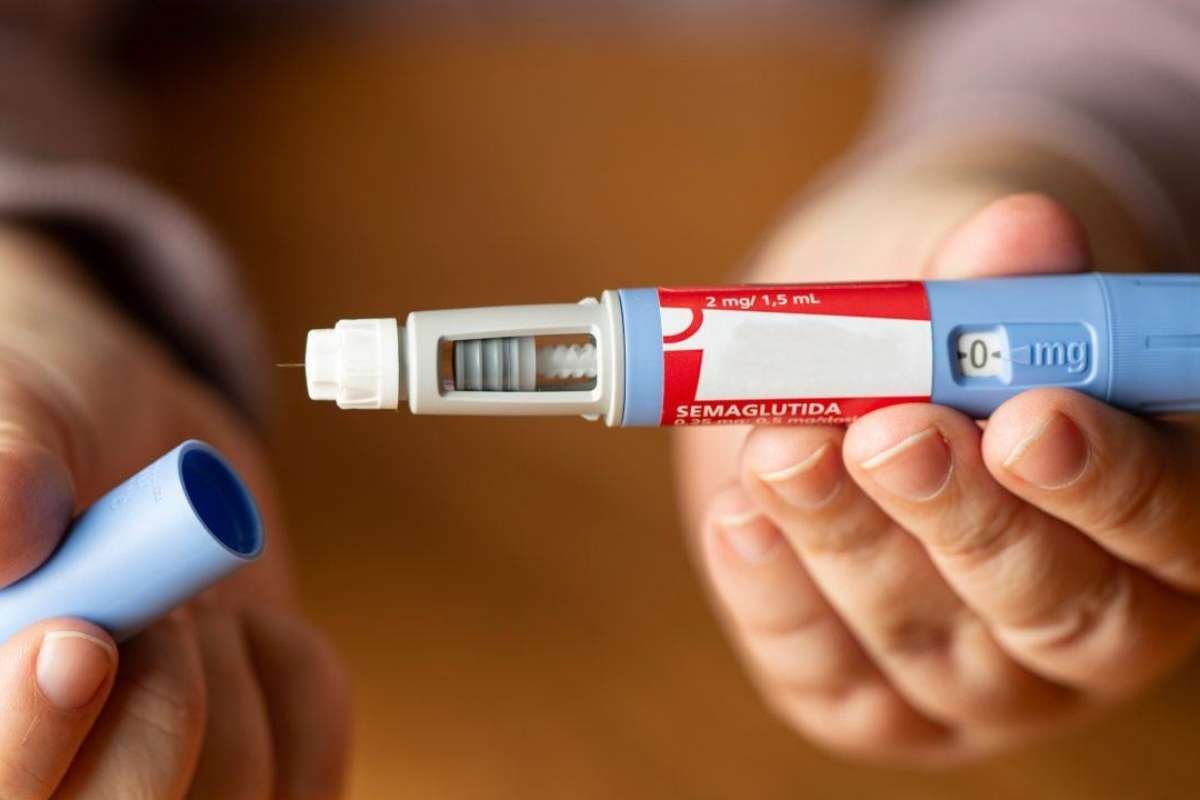A recent study published by The BMJ sheds light on the survival chances of individuals undergoing cardiopulmonary resuscitation (CPR) for cardiac arrest in hospitals. According to the research, conducted in the United States, the likelihood of survival dwindles rapidly from 22% after just one minute of CPR to less than 1% after 39 minutes.
Similarly, the study reveals a stark decline in the probability of leaving the hospital with no major brain damage. While 15% of patients have this outcome after one minute of CPR, the percentage drops significantly to less than 1% after 32 minutes without a heartbeat.
Guidance for Hospital Teams and Families
The findings of this study offer valuable insights that could assist hospital teams, patients, and their families in making informed decisions about the duration of resuscitation efforts. With in-hospital cardiac arrest being a prevalent and severe medical emergency, understanding the optimal timing for CPR cessation becomes crucial.
Despite CPR being a common intervention for in-hospital cardiac arrest, there has been a lack of specific recommendations on when to cease resuscitation efforts. This study aims to bridge this gap by examining the correlation between CPR duration and patient outcomes.
Key Findings and Observations
Analyzing data from 348,996 adults who experienced in-hospital cardiac arrest between 2000 and 2021, researchers found that the chances of achieving return of spontaneous circulation decreased with longer CPR durations. While 67% of patients achieved ROSC with an average CPR duration of 7 minutes, 33% did not achieve ROSC with an average CPR duration of 20 minutes.
Probability Trends
The study highlights significant probability trends based on CPR duration. At one minute, the probabilities of survival and favorable functional outcome were 22% and 15%, respectively. However, these probabilities plummeted to less than 1% for both survival and favorable functional outcome as CPR duration extended to 39 minutes and 32 minutes, respectively.
Acknowledging the observational nature of the study, researchers point out certain limitations. These include assumptions about the appropriateness of terminating resuscitation and challenges in collecting time variables during CPR. Additionally, factors such as severity of underlying conditions and quality of CPR were not fully accounted for.
Despite limitations, the study, which utilized the largest dataset on in-hospital cardiac arrest globally, provides valuable insights for hospitals seeking to enhance their resuscitation practices. By understanding the impact of CPR duration on patient outcomes, healthcare providers can make more informed decisions in emergency situations.










